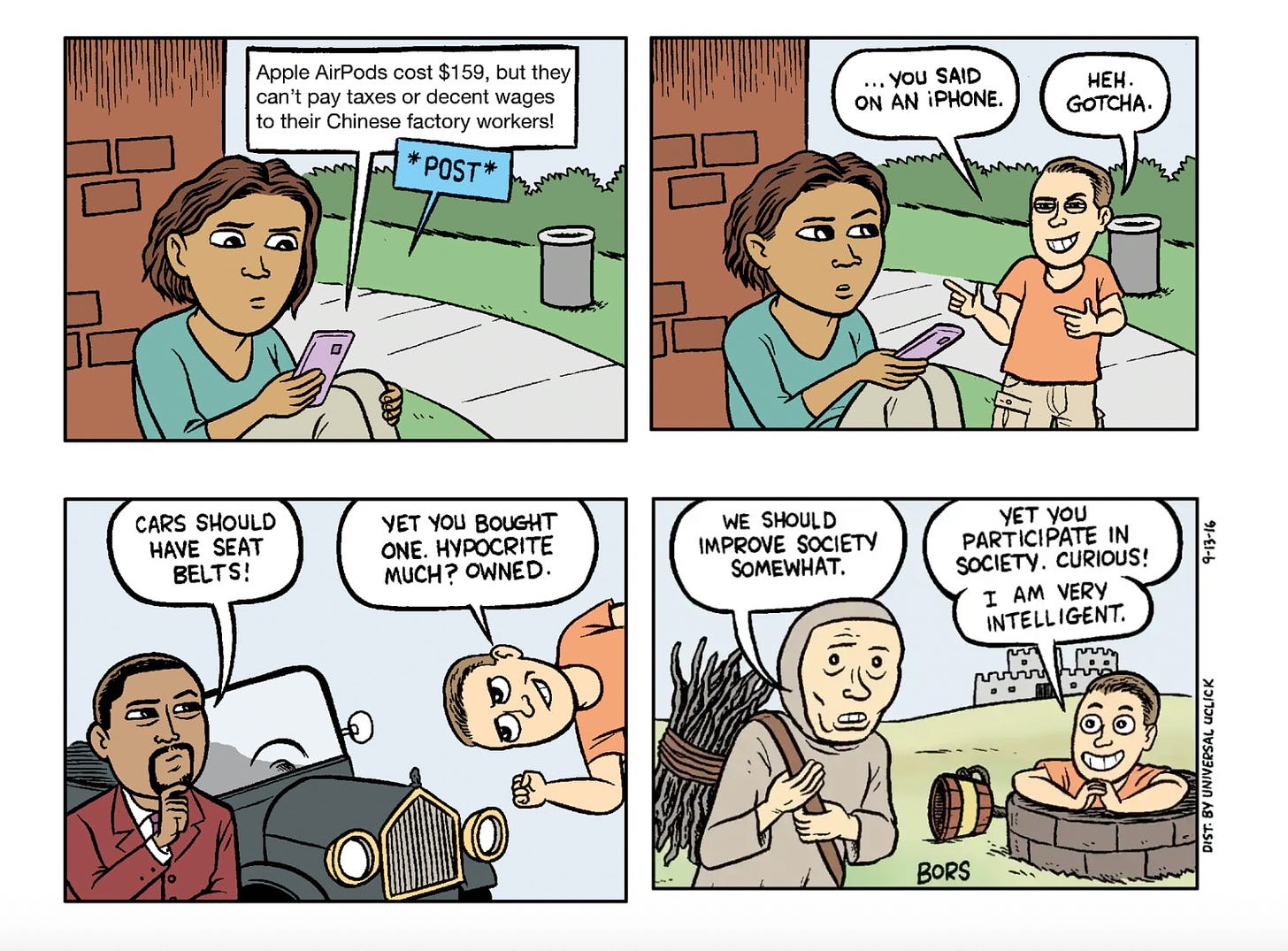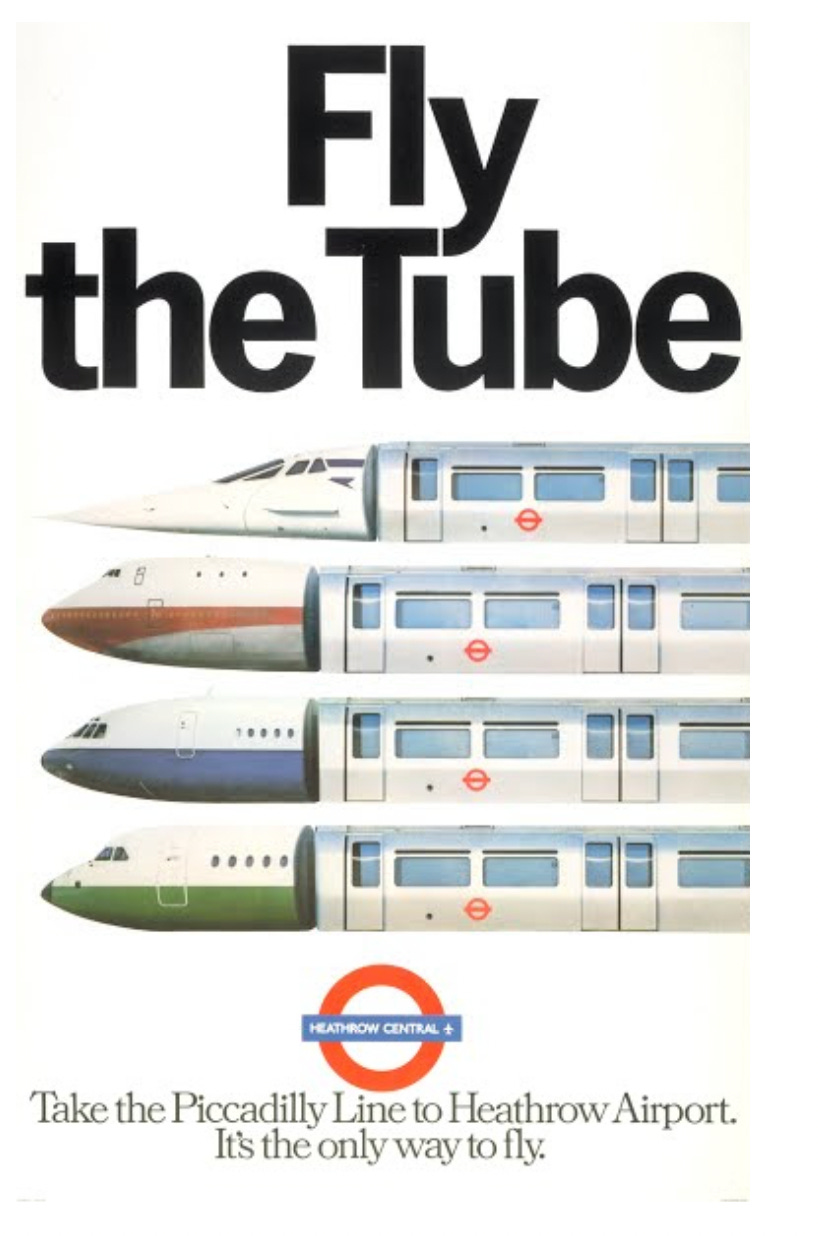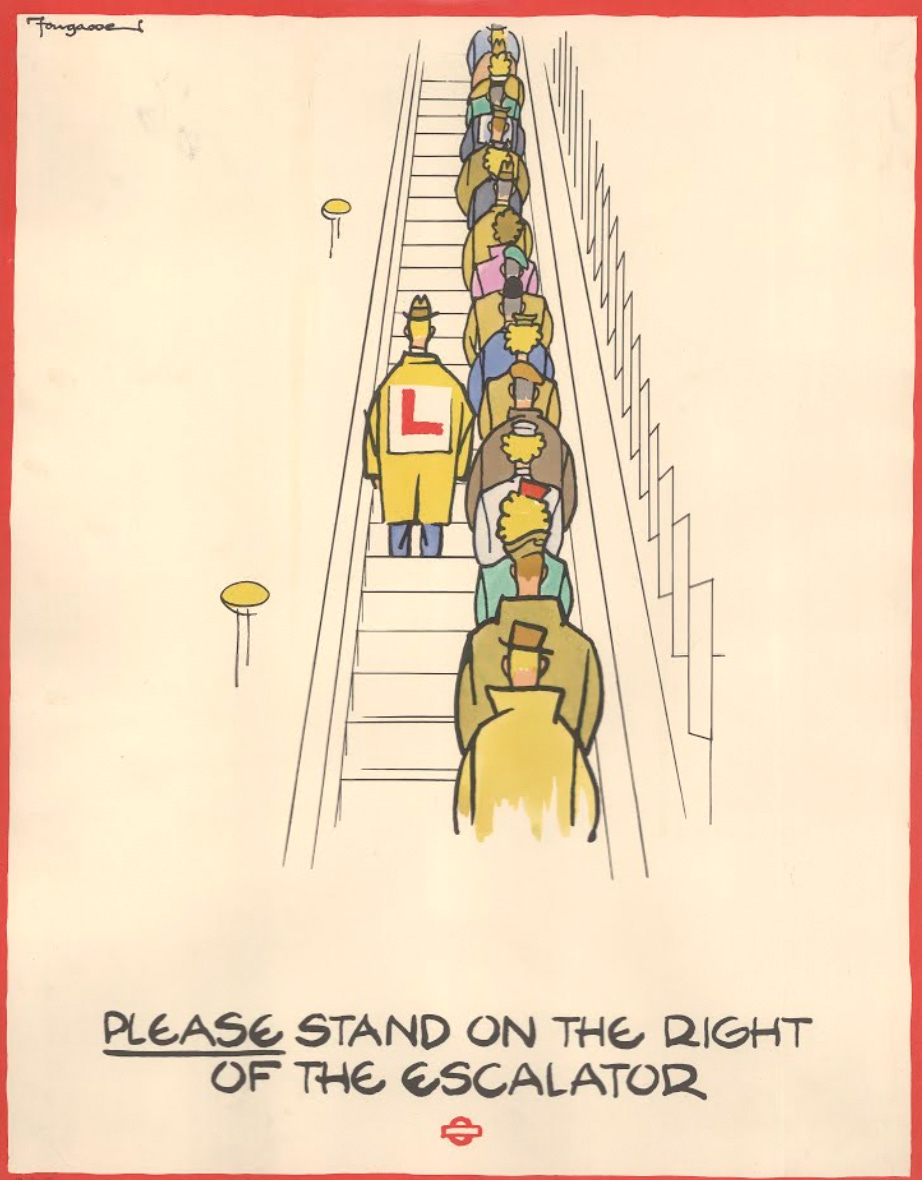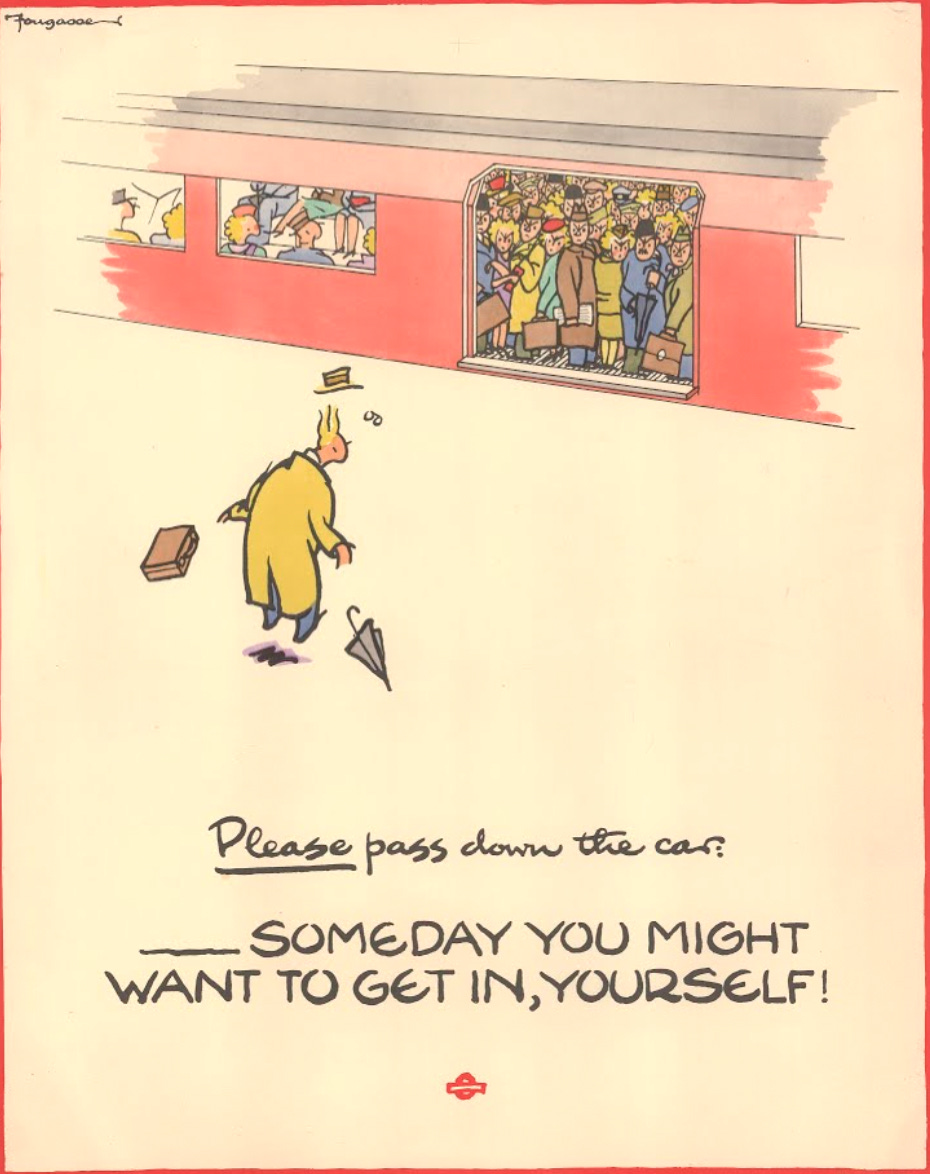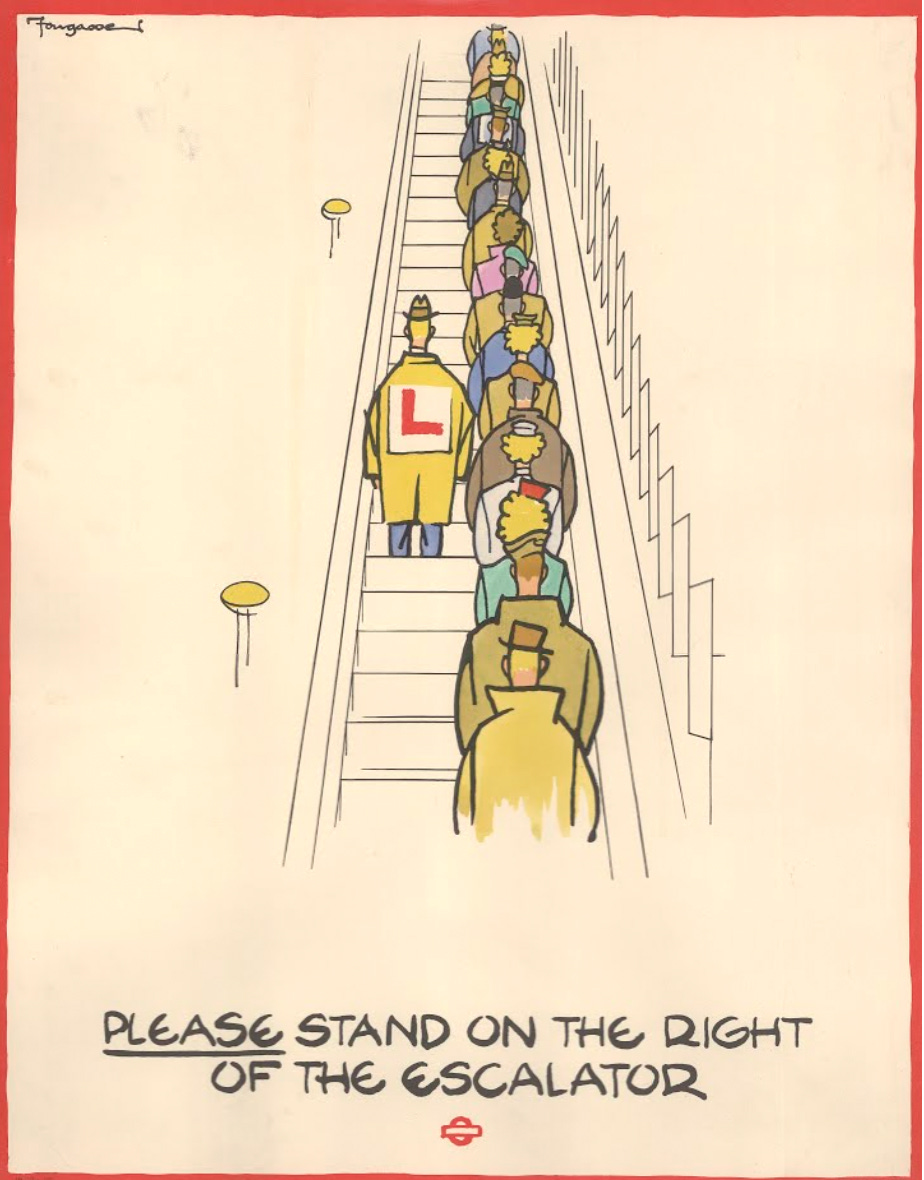Finding Meaning Under Contradiction
How to Square Your Values Within a System Where Exploitation is Embedded
Scrolling through social I spotted a comment asking: “Is everyone getting more annoying or am I getting angrier?”
The answer feels like both. And the tension between those two realities is exactly where we’re all living right now.
“The time is out of joint,” Hamlet said, and we’re all getting dislocated here. The order of things is disrupted and chaotic. This is what I mean when I talk about living under contradiction. We are all stuck inside a cultural particle accelerator - everything colliding at once, no sequence, no hierarchy. There’s a breakdown in cause and effect.
On contradiction and bad faith critiques
This is a world in which only the delusional can live without cognitive dissonance. We must all compartmentalise if we want to clock out at the end of the day.
For doctors, nurses, lawyers, insurers – it’s ethics and emotions. For police officers, firefighters, those in the military– morality. For psychologists – identity. For people who work in the morgue, they have to live surrounded by others’ pain and still be human enough to treat the departed with dignity.
Capitalism grants us each a cross to carry.
All the way across platforms I see people balancing on the spectrum of post-compartmentalisation, from being lightly stressed, passing by advice on emotional hustle culture, to even reconnecting to nature during breaks.
And that’s just viewing things one-on-one. The reality is that exploitation is so deeply entrenched in every aspect of our political and economic system that it’s impossible to live in this world without participating in it. Industrialised food systems, global trade relying on suppressed workers’ rights in ‘low-cost’ economies – you can’t opt out.
But the Amish did it! You just don’t want to sacrifice the comforts of modern civilisation.
There is a correlate between this line and the provocation often delivered to shut down any sort of critique of our current economic system:
Capitalism made the iPhone you’re lucky enough to type this critique out on.
First off, labour made your iPhone. Labour makes everything. In fact the iPhone is an assemblage of technology developed in a vast, publicly funded ecosystem: GPS from the U.S. military, touchscreens from publicly funded university research, WiFi developed by Australia’s own CSIRO. Even the iPhone’s aesthetic lineage traces back to Dieter Rams and Braun - a philosophy rooted not in capitalism’s excess, but in restraint, functionality, and care. Apple’s brilliance was in design, orchestration, and storytelling, but the raw materials of innovation were collective, not capitalist. Capitalism didn’t invent the iPhone; it merely defines who gets to profit from it.
Both of these critiques are bad faith for a simple reason: everybody needs a phone. We have to use the products and services of this era we live in. Participating in this system is, for the vast majority, not optional. The only way to consume fully ethically is either to live entirely outside modern society or to have a level of wealth that – you guessed it – requires some level of exploitation to attain.
The inevitability of contradiction
Žižek often says that contradiction isn’t a bug in the system – it is the system. It’s pure fantasy to believe we can find a pure ethical position that resolves all tensions or escapes complicity.
The only solution we have is lucidity. Lucidity in the face of absurdity is resistance. Camus quotes the modern author: “It is essential to be absurd, it is not essential to be a dupe.”
So the way forward isn’t falling into the purity trap, trying to purge all contradiction from your system and becoming the insufferable type who purity tests everyone else. Instead, it’s recognising how to live under that contradiction and still find joy and meaning in what you do.
On not taking things lying down
Let me be clear: recognising contradiction doesn’t mean accepting the system as it is. It’s not permission to shrug and say “a better world is not possible.”
It’s quite the opposite. It’s still your job to organise, to take action on the things meaningful to you - if for no other reason than that it makes you happy.
Activism provides exactly what living under contradiction otherwise strips away: the sense that your actions matter, that you’re not just a passive consumer of a broken system but an active agent within it.
So yes, recognise the contradictions. Live with them honestly. But for fuck’s sake, do something about them too. Join an organisation. Show up to a protest. Build something with other people.
Marketing under contradiction
In marketing, our contradictions are evident. Sooner or later you have to square your values against the fact your job is to help sell shit people don’t need.
Many people rightfully ask the question of how I can critique and analyse culture while unironically holding the title of brand strategist which, yes, is a role in which you are effectively a cosmetic surgeon for capital.
Sometimes the battles merely come down to the drudgery of performing your intelligence for nothing other than guilt-washing your clients.
Zoe Scaman detailed this sentiment in her excellent substack on The Strategist’s Shame:
The client knew they weren’t buying genuine strategic intelligence; they were buying the performance of it. The creative director knew the “insight” was reverse-engineered from the brief. The account team knew the cultural tension was invented to justify work that was already sold.
But we all played our parts. We all nodded along. We all pretended this was something. I’m not sure it ever really was.
It’s easy to forget that most people don’t get into creative services to perpetuate this charade. They get in because they want to make beautiful things. Because they believe in the power of ideas. Because somewhere along the way, they saw a piece of work that moved them – that made them laugh, or think, or feel less alone – and they thought, I want to do that.
We have to fight under the contradictions of capitalism. That’s non-negotiable. But we should still get to do so by creating beautiful things. In that, we can find meaning.
One of my critiques of marketing’s current performance-driven era is how cynical, how ugly it’s gotten. If you’re a marketer, make things you believe should exist. If you’re a senior marketer, make the case for the existence of beautiful things. Look at your brand advertising, your out-of-home, hell, even your performance ads, and ask yourself: does this make some meaningful contribution to public space, or at the very least not deplete it?
Once upon a time this wouldn’t have even been a question.
My own work is meaningful because I love education. Through my content I get to share concepts and introduce theorists to people who would probably never access them otherwise.
And I’ve been able to do this because of you – the people who read, watch, and share my work. McLuhan was right, the medium is the message. The fact that this content goes viral on platforms like Instagram or TikTok changes everything. What was once reserved for the select few in boardrooms and creative summits and dusty PowerPoints buried in corporate drives now carries a different kind of weight. By being democratised online, the message becomes heavier, more alive, more consequential.
Thank you for being part of that.
And yes, if more of us joined in - doing this or anything that helps us make sense of the absurd, staying a little delulu - whether it’s writing, or, as Jenny Odell put it, simply birdwatching, we’d be better off. Maybe, just maybe, we’d even become more trustworthy than the real estate agents. Whatever it is, for God sake, just go find it.
And that’s the real work - not trying to make your life contradiction-free, but making your contradictions worth it.



